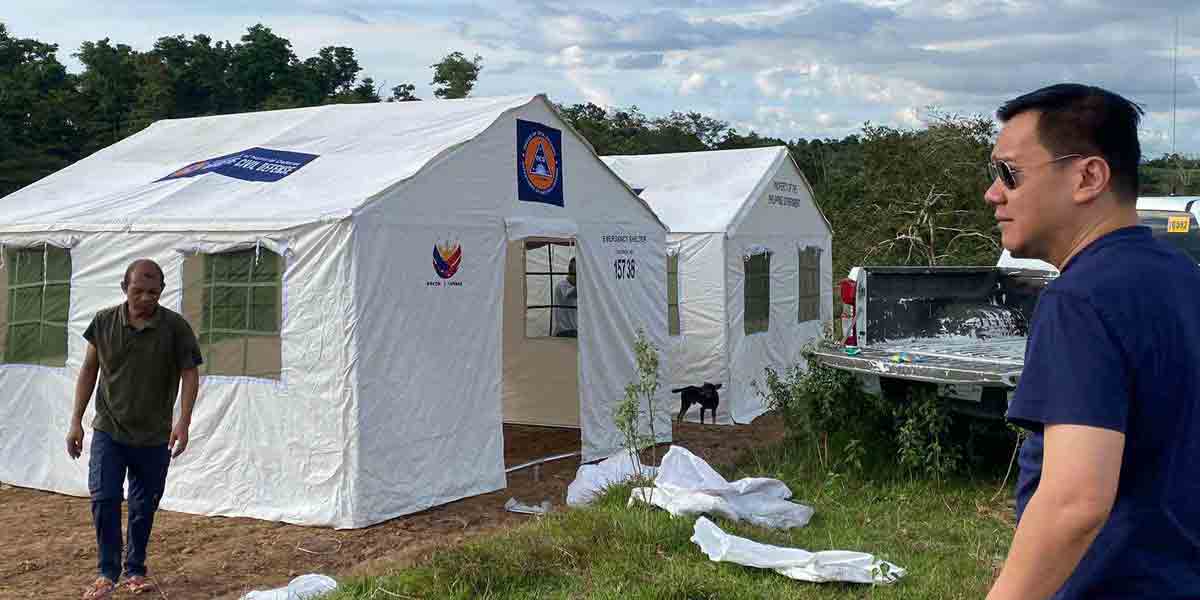By Engr. Carlos Cornejo
The Chinese Philosopher Lao Tzu once said, “Knowing others is intelligence; knowing yourself is true wisdom.” The Greek Philosopher Socrates says the same thing, “Know thyself.” But theologians would also say that man is a mystery to himself. Therefore, knowing oneself is not an easy task. Dr. Peter Kreeft would even say that this is one of the biggest jokes in life that the astronomer knows more about astronomy than the astronomer himself. This is the ultimate so near and yet so far. We have eyes to know everything about the universe but we can’t even get to know fully ourselves.
The reason why it’s harder to know ourselves than things outside ourselves is simply because we are subjects and not objects. Objects have some parts to it that behave in a predictable way through the so-called laws of nature. But men, cannot be subjected to these laws because we have intelligence and will. Our behavior cannot be accurately predicted. We even get to ask ourselves sometimes “Why the heck did I do that?” or “Why am I doing this to myself?”, to illustrate that we can’t even predict what we would do at times. “The heart is deceitful above all things and beyond cure (by itself). Who can understand it?” (Jeremiah 17:9)
We can partially know ourselves but not fully know ourselves. So, how can we at least approach that full knowledge of ourselves? The answer of course will not come from ourselves but outside of us, from Someone who authored us and created us. The consequent advice to Socrates’ suggestion therefore of “know thyself” is “know thy God”. St. John Paul II would often say the key to the mystery of man is the God-Man Jesus Christ. Thus, knowing Christ and His teachings will make us know more about ourselves.
Only Christ can unlock the nature and purpose of man because that is one of the reasons why He became man, to restore the lost true identity of man brought about by the sin of our first parents. The original sin in us would tell us that the purpose of man is to have as much wealth, money, pleasure and fame. But Christ would correct that by telling us our purpose is to be “partakers of the Divine Nature” (2 Peter 1:4) meaning we are to live the life of God. It’s like God telling us why settle for the crumbs of created things when I am giving you the full meal of the Divine Life.
Bishop Robert Barron would say that this is the summary and goal of the Christian religion: to live God’s life as St. Athanasius of Alexandria had said, “God became man that man might become God”. If someone were to ask you, “What is the Christian life all about?” You should answer, “It’s all about living God’s life, seeing the world as God would see it and loving others as God would love them.” Therefore, all of Scripture, the Sacraments and the teachings of the Church is geared to one and the same goal: to live God’s life. And how do we achieve this? By following the invitation of God, “Be Holy for I am Holy” (1 Peter 1:16) Only when we strive to become saints will we live God’s life and will eventually fully know ourselves because God will reveal to us our ultimate purpose.




















